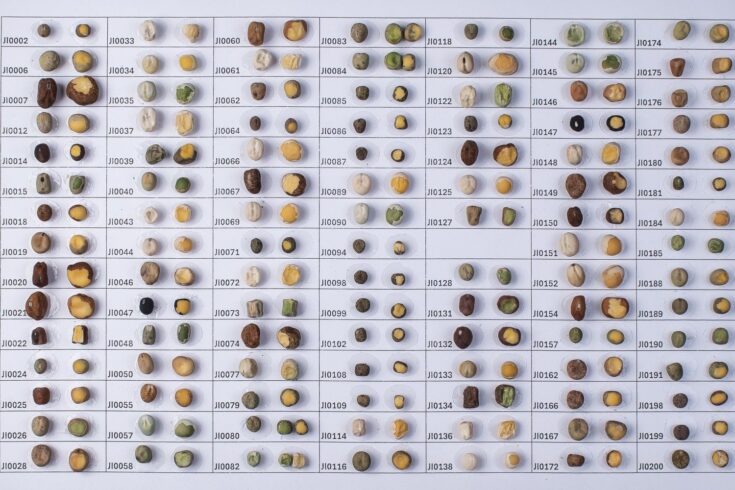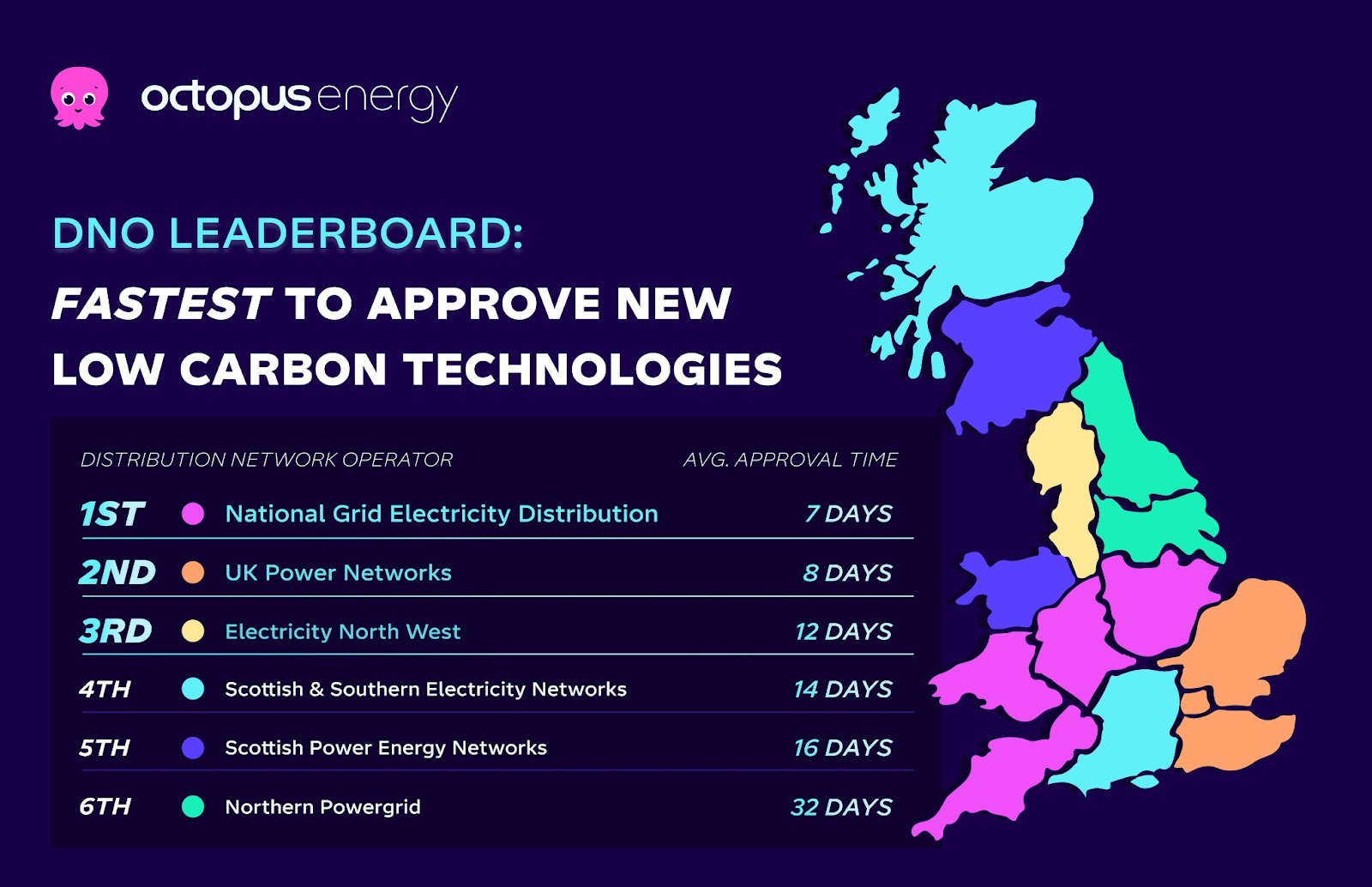Scientists have created a new genetic map that could help develop more sustainable, resilient and nutritious pea crops worldwide.
In a major international collaboration, scientists have unlocked the genetic secrets of over 700 varieties of peas from around the world. This has created a powerful genomic resource that could supercharge the development of hardier, more sustainable crops.
The work, published in Nature, is being hailed as a game-changer for food security and climate-friendly farming. Not only would such crops be a good source of protein, and, as legumes, they naturally fix nitrogen in the soil, reducing the need for chemical fertilisers.
The team’s achievement involved sequencing and analysing 62 terabytes of DNA data, and 25.6 trillion genetic markers to build a genetic map of pea varieties, including wild types and ancient landraces. The result is a catalogue of over 70 traits linked to specific genes, from disease resistance and pod shape to colour and flower position. Crucially, the data and pea lines are freely available to researchers and breeders worldwide, enabling faster, smarter crop development using advanced techniques like artificial intelligence-driven predictive breeding and gene editing.
But it’s not just about peas, it opens up a new agriculture that uses less land, fewer chemicals, and can feed a growing global population.
© 2019 Perspective Publishing Privacy & Cookies








Recent Stories